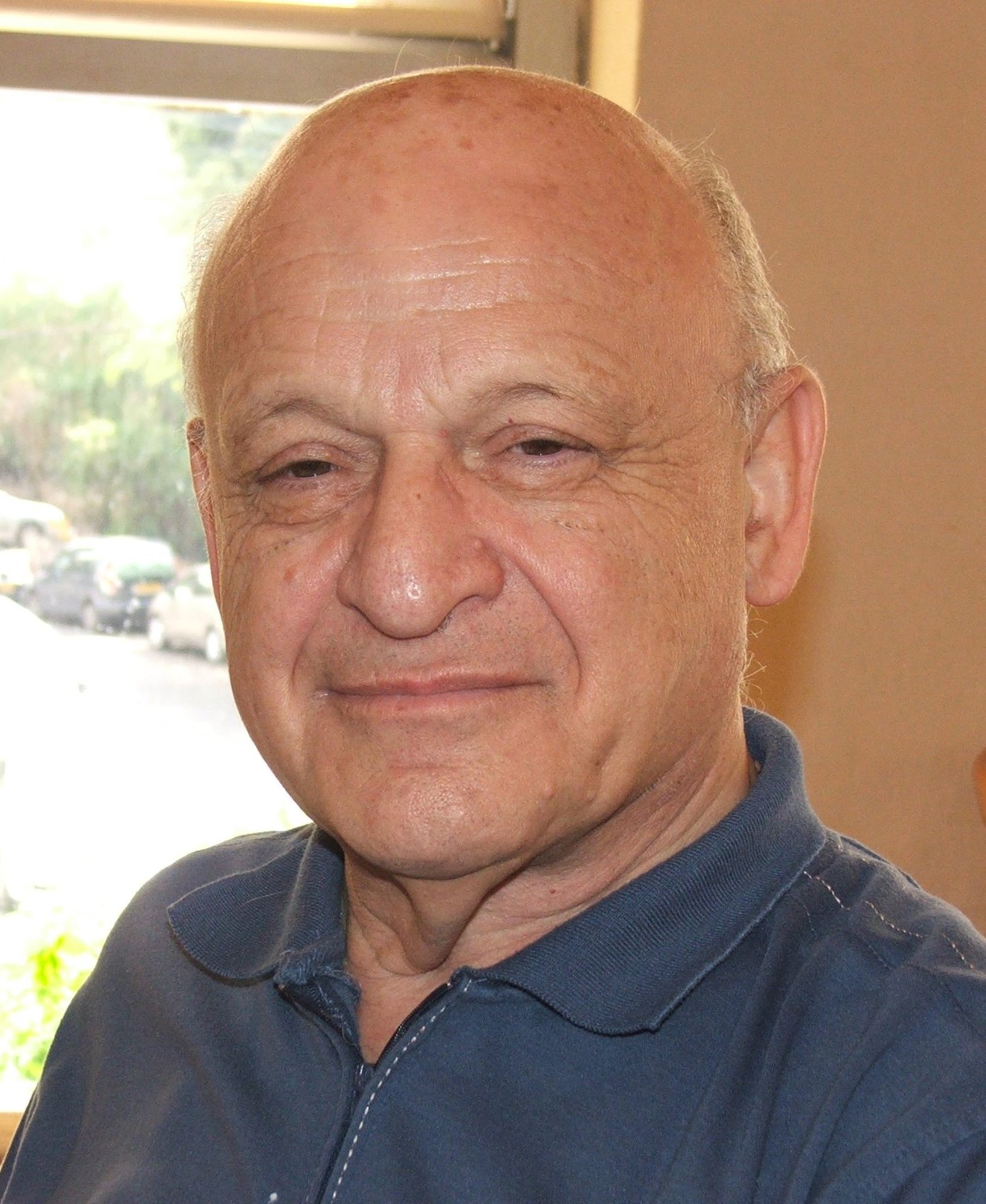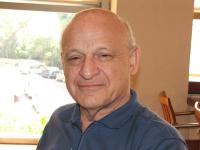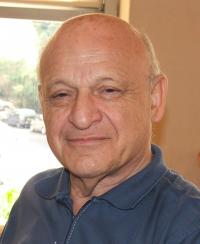There are two reasons why the Jews survived – miracles and the good will of other people

Download image
Professor of political sociology at the University of Haifa Avraham Brichta Ph.D. was born in 1936 in Bratislava as Arpád Ivan Brichta. In October 1942, he was sent to a transport to Poland together with his mother. The order was revoked at the last moment. By the end of the war in late 1944 and early 1945, Jan and his mother had to hide, in 1945, they were also hiding in the mountains. After the war, Jan became a member of Jewish youth organization Ha-Shomer Ha-Tzair. He lived in Slovakia until thirteen years of age and he moved to Israel in 1949. He speaks Slovak and he understands Czech. He lived in Prague in 1991 and 1992 as a host professor at the Institute of State and Law at the Academy of Sciences. He also lived and studied in the USA for several years. In April 1949, he left with his parents in a transport to Israel. In 1958, he started studying sociology at the university in Haifa and began his career in the academia.

